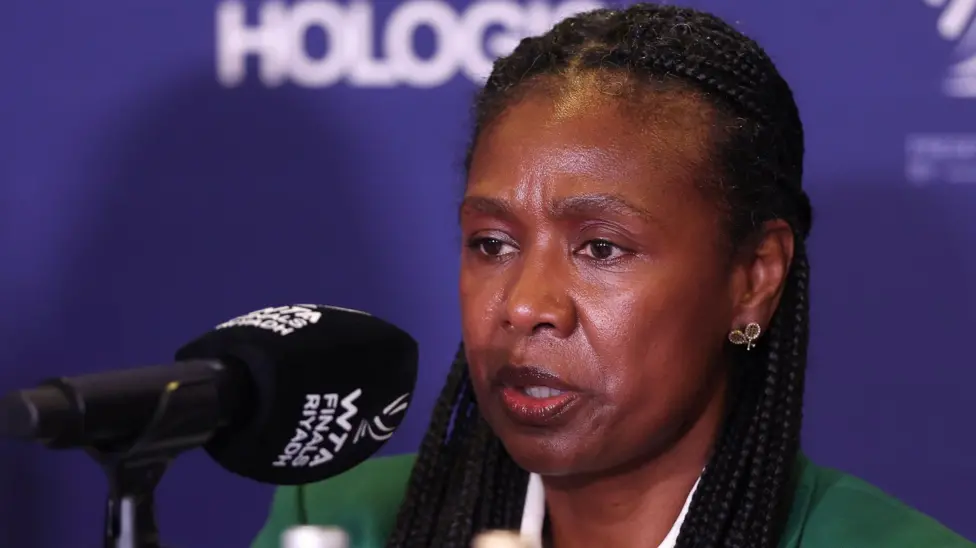
WTA Chief: Women’s Match Scheduling a ‘Systemic’ Tennis Issue
WTA Chief Labels Women’s Match Scheduling a ‘Systemic Issue’ in Tennis
WTA CEO Portia Archer has described the persistent exclusion of women’s matches from prime-time slots at elite tennis events as a “systemic issue” — not an individual failing.
Her remarks come amid criticism of the French Open, which scheduled no women’s matches in any of its 11 night sessions at Court Philippe Chatrier in 2025, a pattern that has drawn scrutiny from fans and players alike.
“It’s a missed opportunity,” Archer told BBC Sport. “Fans increasingly expect — and will demand — to see the best matches in prime time, regardless of gender.”
Since the night sessions were introduced at Roland Garros in 2021, only four matches from the women’s draw have featured, fueling accusations of inequality.
Jabeur and Archer Push for Change
Three-time Grand Slam finalist Ons Jabeur expressed her disappointment in a social media post, calling the imbalance “unfortunate for women’s sports.” She emphasized that honoring one side of the game shouldn’t mean ignoring the other.
Archer echoed the sentiment:
“Ons shared a very eloquent message. We’ll continue to advocate for equitable scheduling — it’s in our DNA at the WTA.”
She confirmed plans to meet with Roland Garros tournament director Amelie Mauresmo, though she was clear the issue goes beyond individual decisions.
“This isn’t about one person — it’s a broader, foundational, and systemic issue,” Archer added.
Mauresmo Defends Scheduling Decisions
Amelie Mauresmo, herself a former world number one, defended the choices made by French Open organizers. She suggested women’s matches, being best-of-three sets, could “go by really fast,” making them less ideal for single-match night slots.
She also noted that unlike the US Open and Australian Open, Roland Garros prefers not to schedule two matches per night to avoid late finishes.
Wider Conversations and Broader Implications
While Archer acknowledges the challenges of TV rights, broadcasting logistics, and scheduling preferences, she firmly believes the game must reflect modern fan expectations.
“Fans want fairness. The public is watching, and we all need to respond,” Archer said.
She added that the WTA would continue engaging with Grand Slams and tournament partners to build solutions that reflect a balanced, forward-thinking tennis ecosystem.












































There are no comments yet. Be the first to comment!